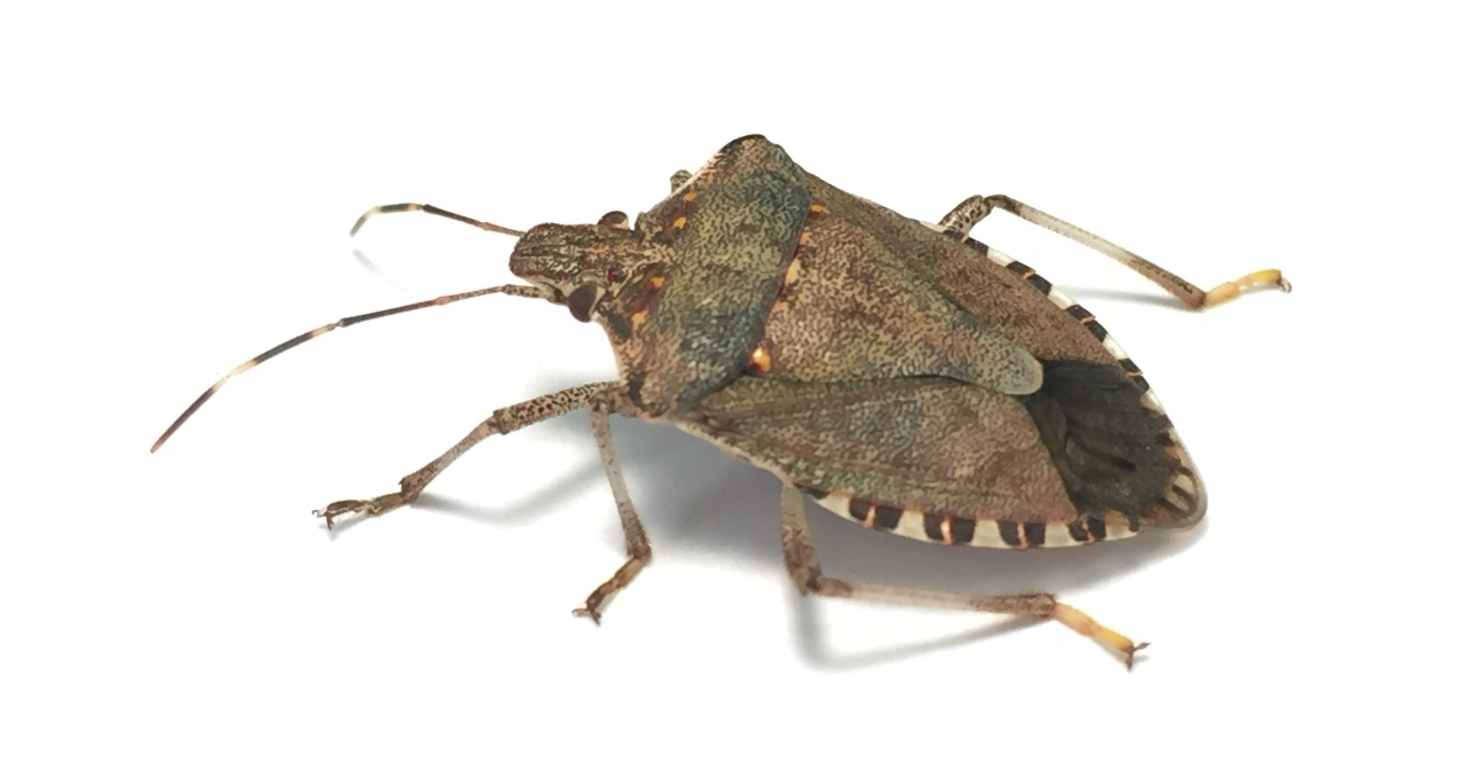
Delays at the border causing a stink
Winemakers’ Federation of Australia (WFA) and Wine Industry Suppliers Association (WISA) are warning winemakers of potential delays at the border, due to the bio-security risks involving the Brown Marmorated Stink Bug (BMSB).
A recent announcement by the Department of Agriculture and Water Resources, to tackle the biosecurity risk of BMSB entering Australia, has caused concern for wine industry suppliers due to potential delays, additional costs, and the impact of proposed cargo treatment measures of goods being imported for grape & wine production.
WFA Chief Executive Tony Battaglene said “WFA and WISA are committed to protecting the bio-security of Australia’s grape and wine industry. This means a strong bio-security framework that provides the appropriate risk management strategies at the border”.
WFA and WISA have been in discussions with both industry and the Department of Agriculture and Water Resources, around the import measures for winemaking equipment and additives, specifically relating to oak barrels.
“We have been advised that oak barrels are treated as high-risk goods and have to undergo either heat treatment or fumigation by approved Australian Quarantine and Inspection Services (AQIS) providers, either prior to departure or on arrival to Australia” said Mr Battaglene. “We have questioned this categorisation, but for the immediate season beginning 1 September 2018 through to 30 April 2019, we have been advised that any change will be unlikely.”
There are also a range of high-risk goods that will be subject to additional onshore intervention through increased inspections.
WISA Executive Officer Matthew Moate said “These measures are likely to add lead times to the shipment and/or delays in clearance of goods. Additional treatment costs for shippers during the seasonal period will also be incurred, however, the protection of Australia’s biosecurity is our highest priority to ensure a long-term, sustainable sector. The co-operation of wine producers and their suppliers in understanding and managing these risks is crucial, and working collaboratively across the industry will ensure as little disruption to supply as possible.”
Over the coming months, both organisations will be working with the Department of Agriculture and Water Resources, to determine pre-export and loading procedures that can be implemented, to reduce the BMSB bio-security risk posed by these shipments, and allow them to be excluded from the Target High-Risk category in the future.
Grape and wine producers, suppliers and their shipping agents are urged to prepare as much as possible to reduce delays by:
- Familiarising themselves with the Seasonal measures for Brown marmorated stink bug
- Familiarising themselves with the Prepare to import during the BMSB season
- Having goods treated prior to arrival through the Offshore BMSB treatment providers scheme
- Placing orders early to mitigate any possible delays
For a complete list of our industry leading Oak supplier members who are working with us to manage this risk with us click here.


